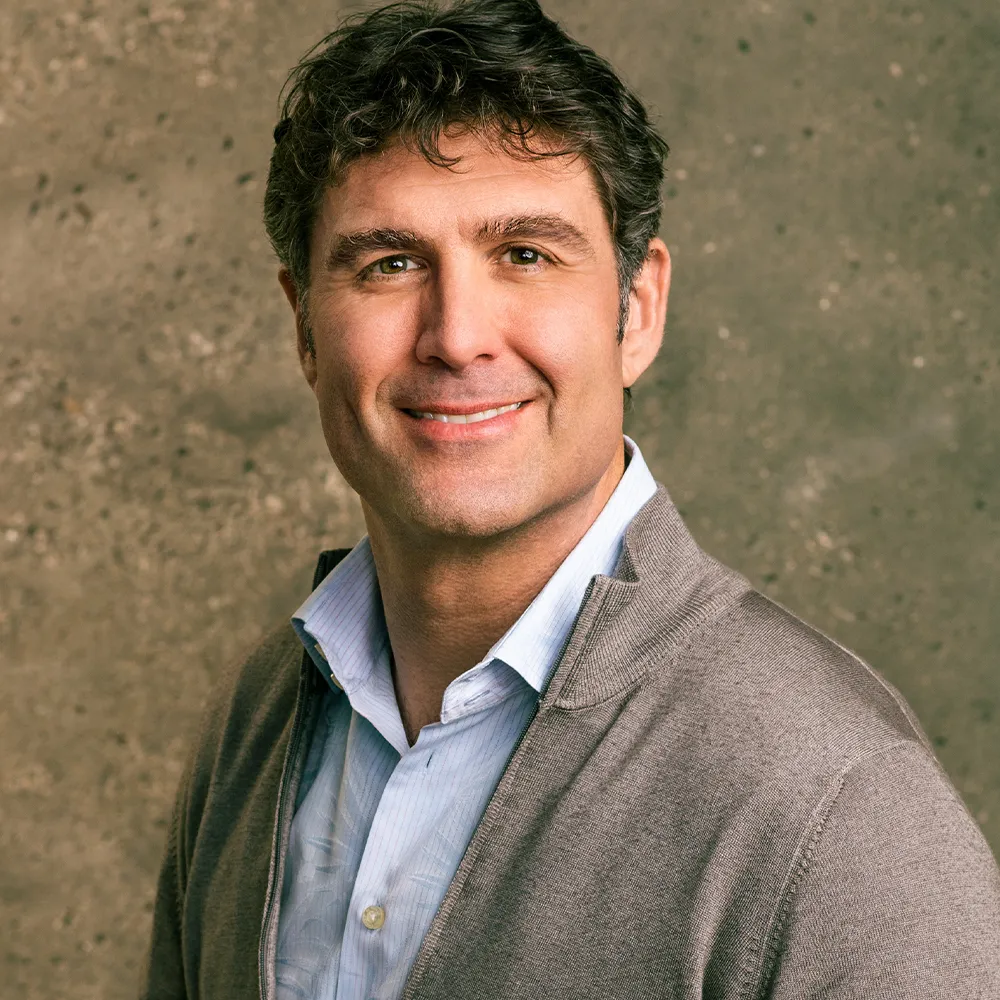
DCVC releases the 2024 Deep Tech Opportunities Report

DCVC is deep tech venture capital. What do we mean by that? We back entrepreneurs uniting gritty, hands-on science and engineering with emerging computational techniques to solve trillion-dollar problems in change-resistant industries. We think this is the best way for venture capitalists to counter existential threats such as climate change and push toward a future of prosperity, societal resilience and abundance, equitable opportunity, and extended lifespans and healthspans for everyone.
Now, for the second year, we’ve set down on paper the discrete deep-tech investment opportunities we find most compelling right now. They range across computing, energy, medicine, drug discovery, agriculture, defense, aerospace, and more, and we think they merit careful explanation. (Believe us when we say that the report’s 106 pages offer only a summary of what we see, and nothing close to an exhaustive review of our portfolio.) This year’s opportunities:
- taking a real-world data-first approach to artificial intelligence and robotics
- exploring practical ways to support innovation in quantum computing and quantum sensing
- building a data-rich flywheel for accelerating drug discovery
- creating new ways to generate and store electric power and replace fossil fuels and materials, all in the service of decarbonizing the economy faster
- finding unconventional new sources of fresh water and critical minerals
- bringing more startup pace, scale, and responsiveness to the defense and aerospace sectors
- using computer vision, robotics, and other technologies to give new superpowers to healthcare providers
- through DCVC Bio, using computation to accelerate basic science insights for the reinvention of the pharmaceutical, agricultural, and food industries.
Though our investing interests vary, they are bounded: we look for skilled teams with both fundamental scientific or engineering insights and pragmatic paths to market that can break logjams that matter. We’ve invested in the foundational technology of AI since our founding in 2010, but we’re increasingly convinced that what’s best for investors and humanity alike is to support AI’s most useful applications, made valuable by real-world proprietary data. We look to companies like Recursion Pharmaceuticals, which has amassed an enormous 60-petabyte data set — and assembled the largest supercomputer owned by any pharmaceutical company (and 35th largest in the world) — to build AI models that can help untangle disease and find new drug targets.
We’ve also outlined some of our contrarian views — a big hit in last year’s report. Innovators and investors have a lot of important work to do, and too often we see them getting distracted by shiny objects: technology ideas that may seem tempting but are so early or so impractical that they amount to expensive distractions rather than reasonable venture investments. Among the shiny objects we call out this year are artificial general intelligence (AGI), space colonies, brain-computer interfaces, and longevity treatments. This isn’t to say that these aren’t valuable pursuits, but rather that spending billions of dollars on these particular moonshots right now is not the best use of capital.
The report reflects the collective discernment of our partners. We’re proud to have assembled a small group of professional investors who are as passionate and expert as the founders they seek to back, nurture, and launch toward escape velocity. Just as the world needs deep tech, deep tech needs a confederacy of extraordinarily talented people working together on hard problems for as long as it takes. Founders, venture capitalists, and limited partners all have a vital role in this ecosystem. Our report is meant partly as sustenance for those who make the business what it is.
In the report’s introduction, we point to one of our portfolio companies, Fervo Energy, as an exemplar DCVC investment. Fervo has adapted sideways-drilling techniques from the fracking revolution in oil and gas to tap previously inaccessible sources of geothermal energy. Having brought online its first commercial power plant in Nevada, it’s now on a rapid learning curve, drilling each new well for less money, in less time. “If we want to really create this decarbonized economy, it needs to start with a decarbonized electric grid,” CEO Tim Latimer explains. “Wind and solar are fantastic solutions, but because of their intermittency, they can’t get the full work done on their own. We’ve incorporated a number of new technologies […] to reduce the uncertainty and lower the cost of geothermal power.”
We love to invest in the ideas of people like Tim who are putting their hearts into their work and who see in deep tech a future of abundance and resilience. We seek to earn venture-scale returns by backing the founders who will help cancel the apocalypse and lift millions into prosperity and good health. If you dream without illusion, we welcome your interest in our work.




